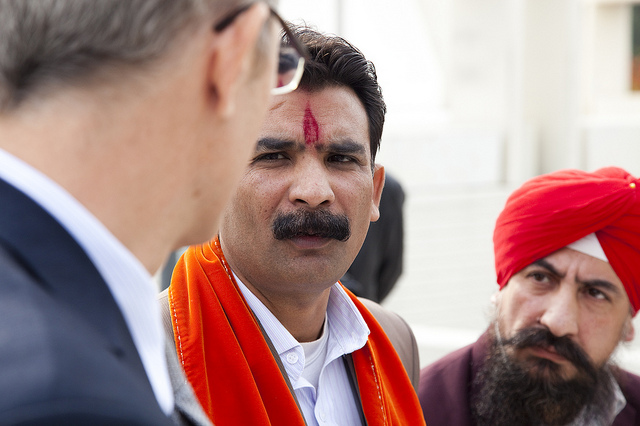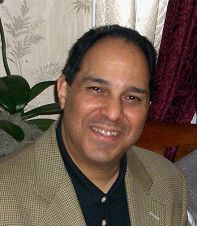
The ideal of harmonious relations among religions, and among believers from different traditions has become increasingly affirmed, evermore widely in recent decades. This good impulse spreads quickly, but the subtleties, nuances, and challenges associated with the effort generally are not known. The broad and varied goals, purposes, and orientations within interfaith are also not often known. And finally, technical terms of the trade can tend to be confused or misused.
One such term from the interfaith world is “dialogue.” When one hears the words interfaith, dialogue, and interfaith dialogue, the terms often are used almost interchangeably. But this is not accurate. Interfaith refers to the larger rubric of how religions and religious communities relate to one another. Dialogue however, is a smaller, sub-category in this bigger “interfaith” world. In fact dialogue as a process is not even limited necessarily to interfaith. Dialogue is valuable in all sorts of places. Scientists should engage in dialogue. Politicians should engage in dialogue. Dialogue refers merely to the effort to converse carefully, in a systematic way with the purpose to understand the views of another more deeply.
Dialogue is important in efforts to advance peace and reconciliation, but rarely (if ever) is it sufficient. Dialogue tends to deal with the cerebral and ideological dimensions of difference, conflict, and tension. Sure, beliefs, views, dogma and theologies can be big parts of misunderstanding and conflict, but rarely are they the whole of it. In fact people often dress up more fundamental hurt in impersonal, ideological projection. When this is the case, partners can be lulled into an over-emphasis on “dialogue” when trying to heal division and avert the passions of violence and war. This misstep in the pursuit of peace can have the opposite effect from bringing partners closer. The more we talk, the more we try to explain, the more we try to be understood, and to dissect theological varieties and subtleties, it is often true that we grow ever further from one another.
Effective peace-seekers and activists must be very sensitive to know limitations and the right use of dialogue, incorporating it into a larger, more richly textured relational walk toward oneness and harmony. This goal of bringing about peace, requires true human love, made possible by meeting the fullness of the divine nascent within one and all, even those we in blindness mistake for enemies.

Frank Kaufmann serves on the board of Bridges to Common Ground, among others. His work for peace includes efforts in over 65 countries with successes in conflict ridden and violent environments. Peace missions include work in Israel and Palestine, Croatian Refugee Camps, the Eritrea-Ethiopia border, Hindu-Muslim conflict zones in India and Kashmir, revolutionary centers of southern Philippines, the Gulf, Sri Lanka, and elsewhere. Find him writing at Kaufmann on Interfaith.